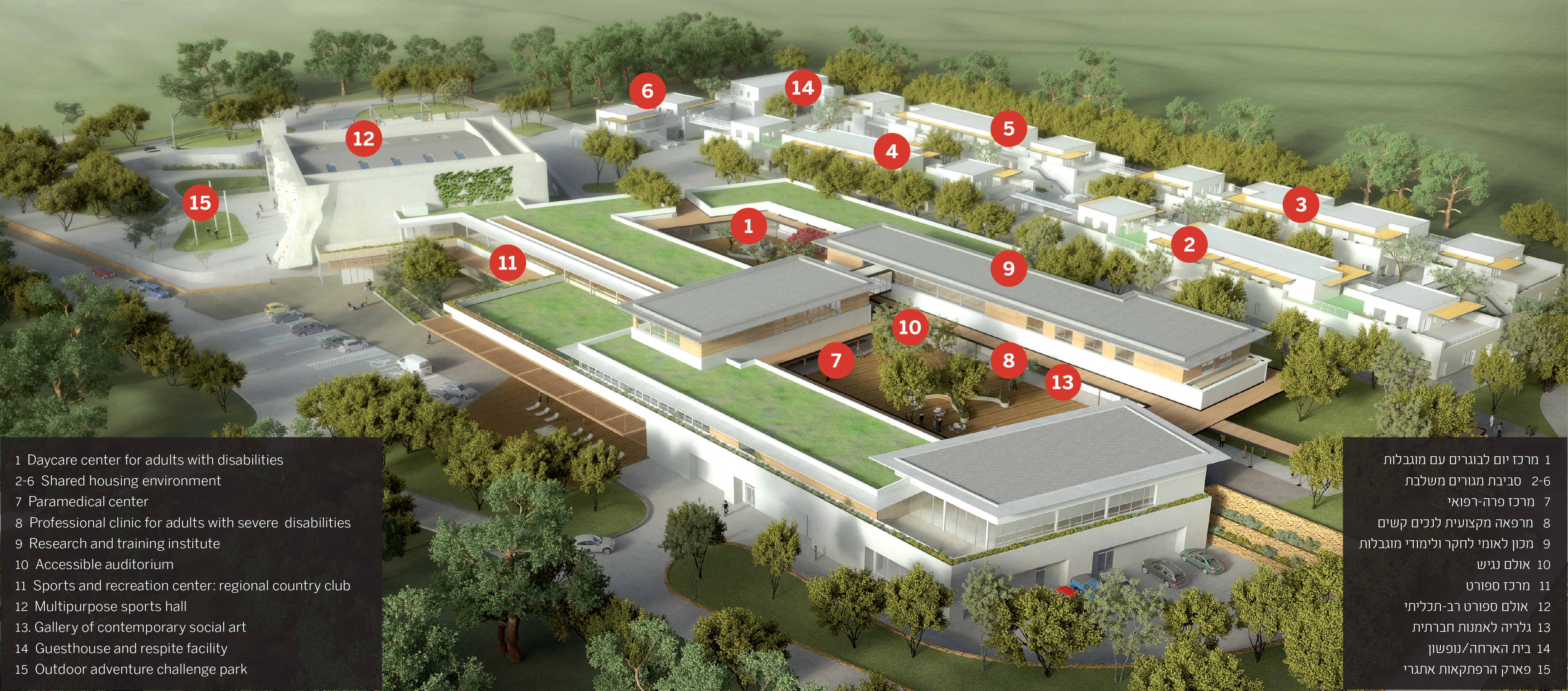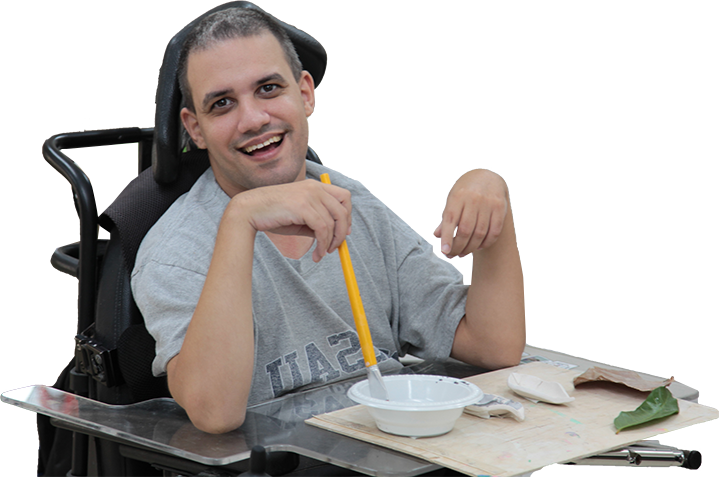The Neighborhood of
Unlimited Possibilities | Kiryat Elga
The Elga Community Neighborhood is a groundbreaking project in the Sharon region. The neighborhood will include a residential area, an area with various employment opportunities, and education, sports and leisure facilities serving individuals with and without disabilities. Alin Beit Noam is establishing the neighborhood on a 435,000 square feet plot of land allocated to the project by the Israel Land Authority for nominal leasing fees.
In establishing this new community model, Alin Beit Noam aims to change the prevalent attitude towards individuals with disabilities. Instead of seeking to “repair” the disabled individual (the “medical model” of disability), they wish to promote aiming to “repair” society (the “social model” of disability). This major transition will translate itself into action through the elimination of the obstacles which society places in the way of people with impairments.
The construction of the neighborhood will be based on the principle of universal and inclusive design. This approach not only provides solutions for people with special needs – it aims for “universal solutions” – solutions that are appropriate for the entire range of human abilities. As a result, all social, structural and environmental obstacles that routinely exclude and isolate people with impairments and impede their full participation in society will be eliminated from the neighborhood environs.
The neighborhood will include a full range of architectural, design and technological solutions that allow people with disabilities to enjoy maximum independence and full participation in all areas of life and fully realize their potential.
The neighborhood will provide a broad range of opportunities for dialogue-based interaction between individuals with and without disabilities on an egalitarian basis. The exchanges will be both spontaneous and planned. They will take place in a shared, safe environment where individuals with disabilities can enjoy an obstacle-free space that allows their abilities – rather than disabilities – to come to the fore.
These encounters will enable those with and without disabilities to meet, understand and accept one another. These encounters will lead to changing attitudes and breaking down stereotypes – many of which simply stem from a lack of familiarity with the “other.”
Traditionally, individuals with disabilities enter the “territory” of those without disabilities, bringing accessibility issues to the fore and highlighting the hesitation of the “mainstream” population in accepting those with disabilities as well as putting those with disabilities at a disadvantage. In sharp contrast, life in the Elga neighborhood will be based on the innovative approach of “reverse integration,” whereby those without disabilities integrate into the space of those with disabilities, creating a more respectful and egalitarian interaction.
The project is being built in the spirit of the Equal Rights for Persons with Disabilities Law (5758-1998) and based on the UN’s Convention on the Rights of Persons with Disabilities (December 2006), ratified by the government of Israel in September 2012.
In 2017, a governmental decision was approved to establish a site for people with disabilities. As a result of that decision, an agreement was signed in 2018 regarding a collaborative project led by the Ministry for Social Equality, the Ministry of Welfare and Social Affairs, as well as the Prime Minister’s Office, the ministries of Finance, Health, Education, Construction and Housing, and Culture, Sports and Tourism.
The main goal of the neighborhood is to bring together people with and without disabilities, based on the understanding that prejudices, stigmas, and stereotypes – driven by a lack of personal familiarity with individuals with disabilities resulting from their lack of presence in public spaces – are all significant reasons for the exclusion of individuals with disabilities. Therefore, the neighborhood will allow for those missing encounters and will lead to a change in the status and acceptance of individuals with disabilities.
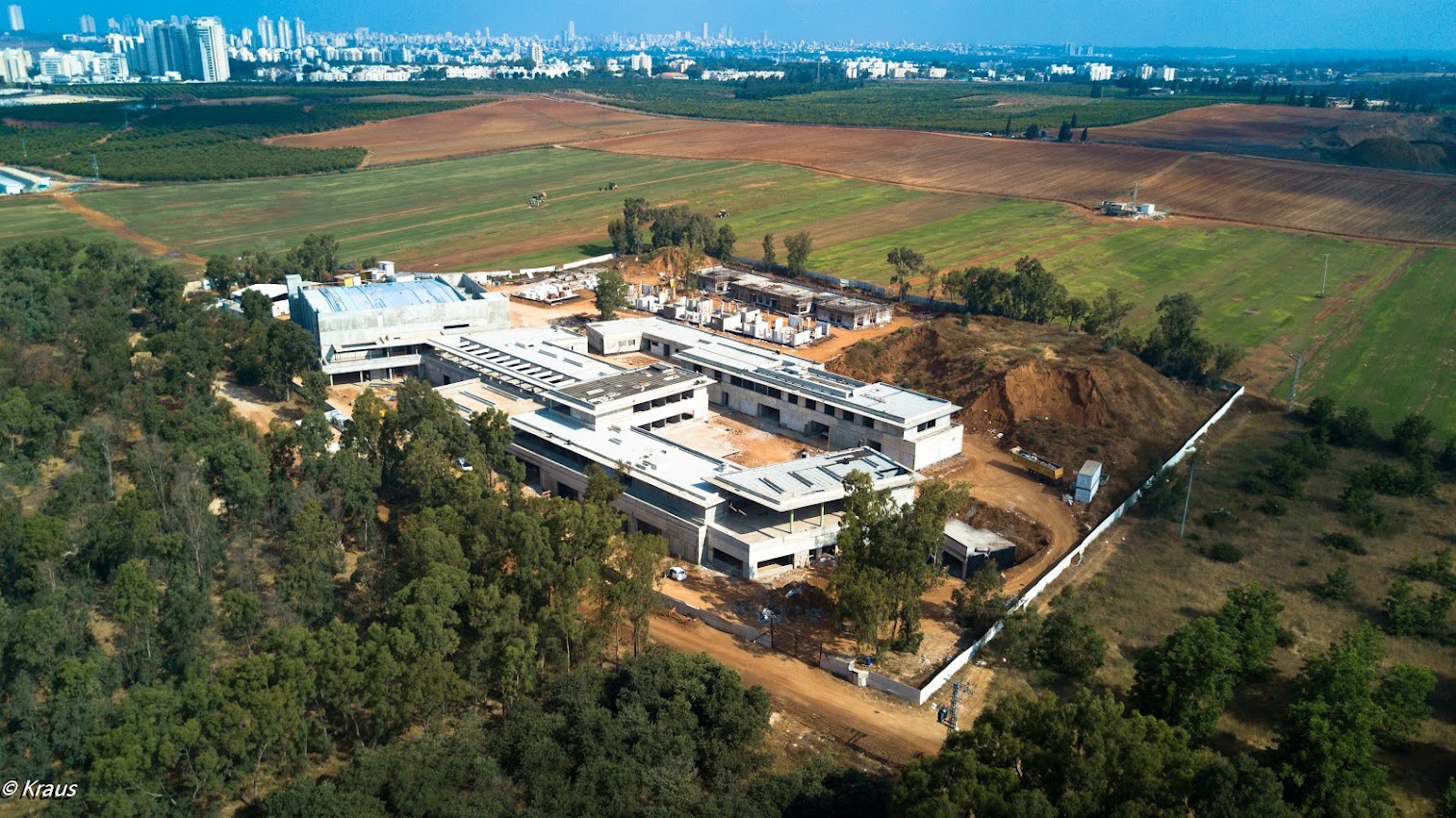
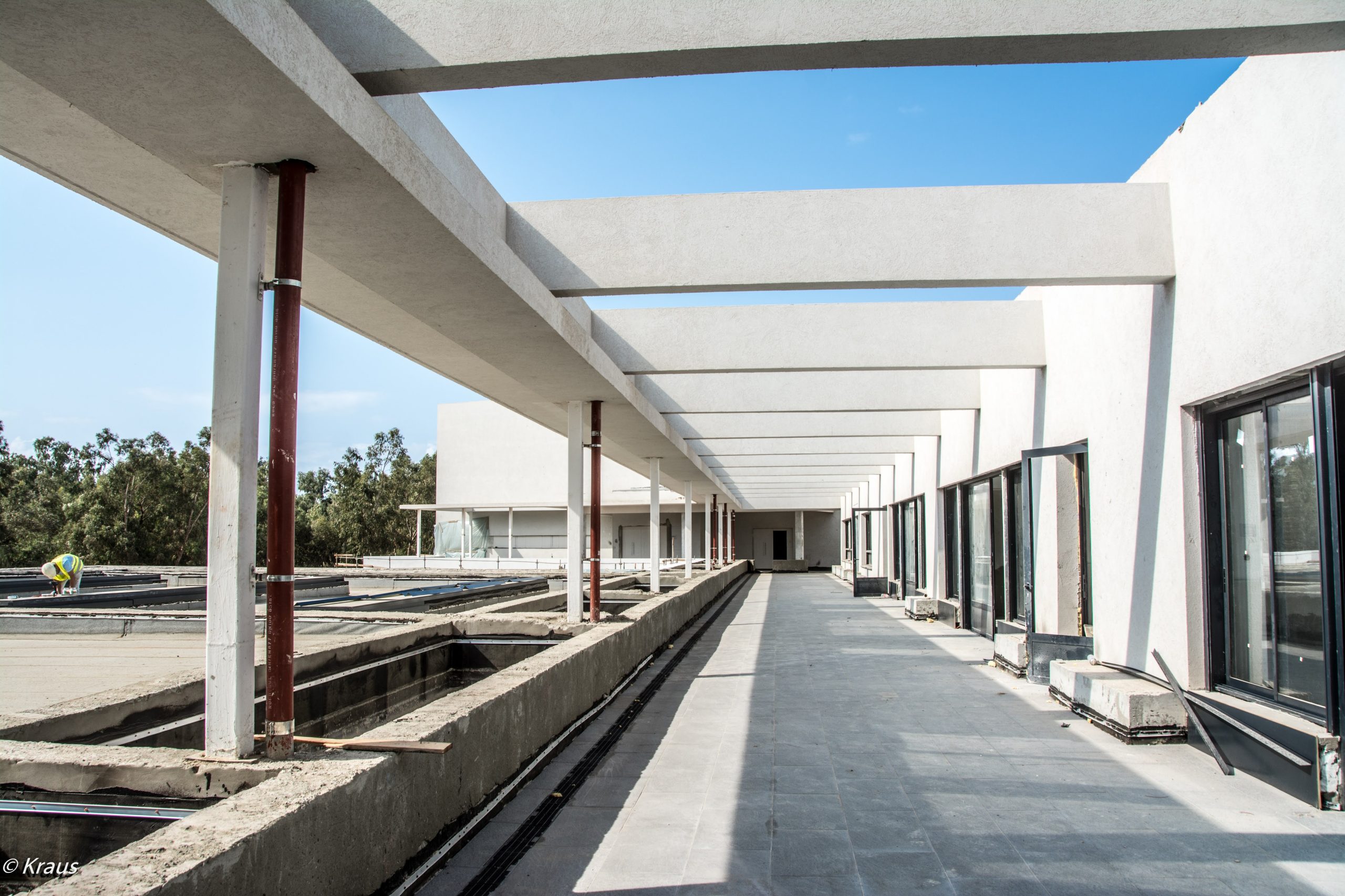
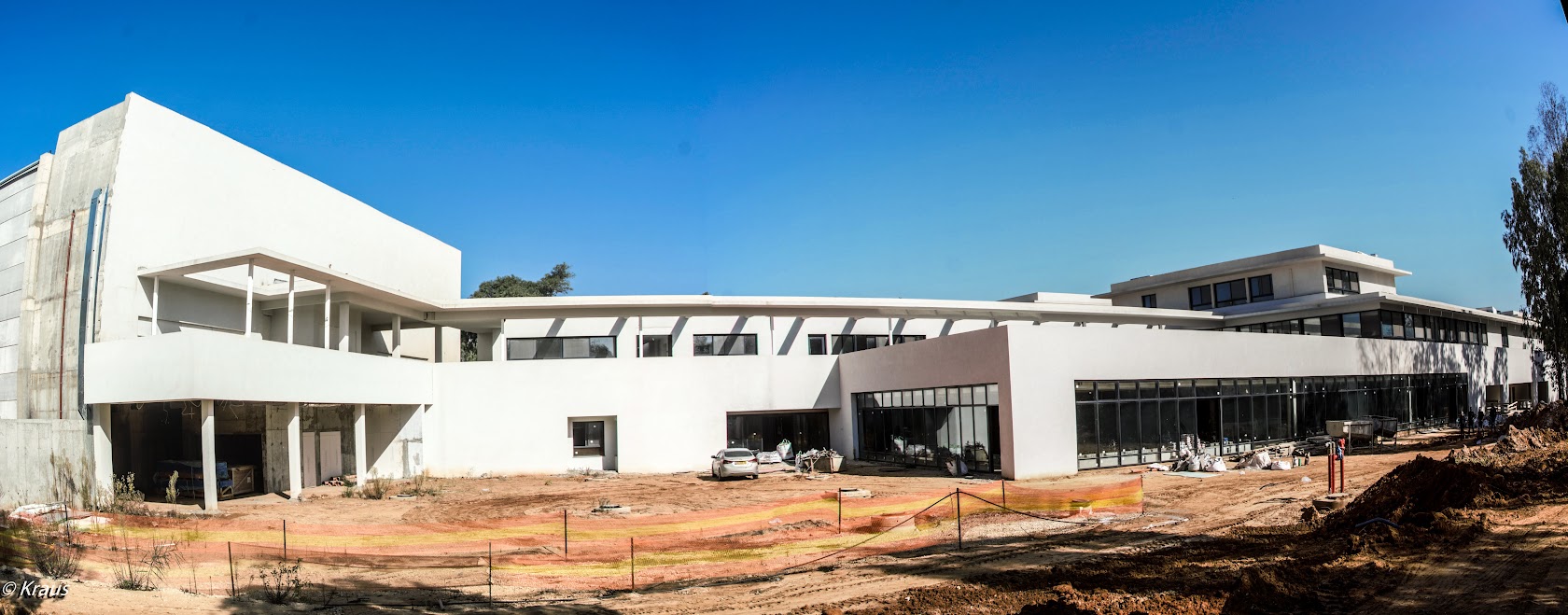
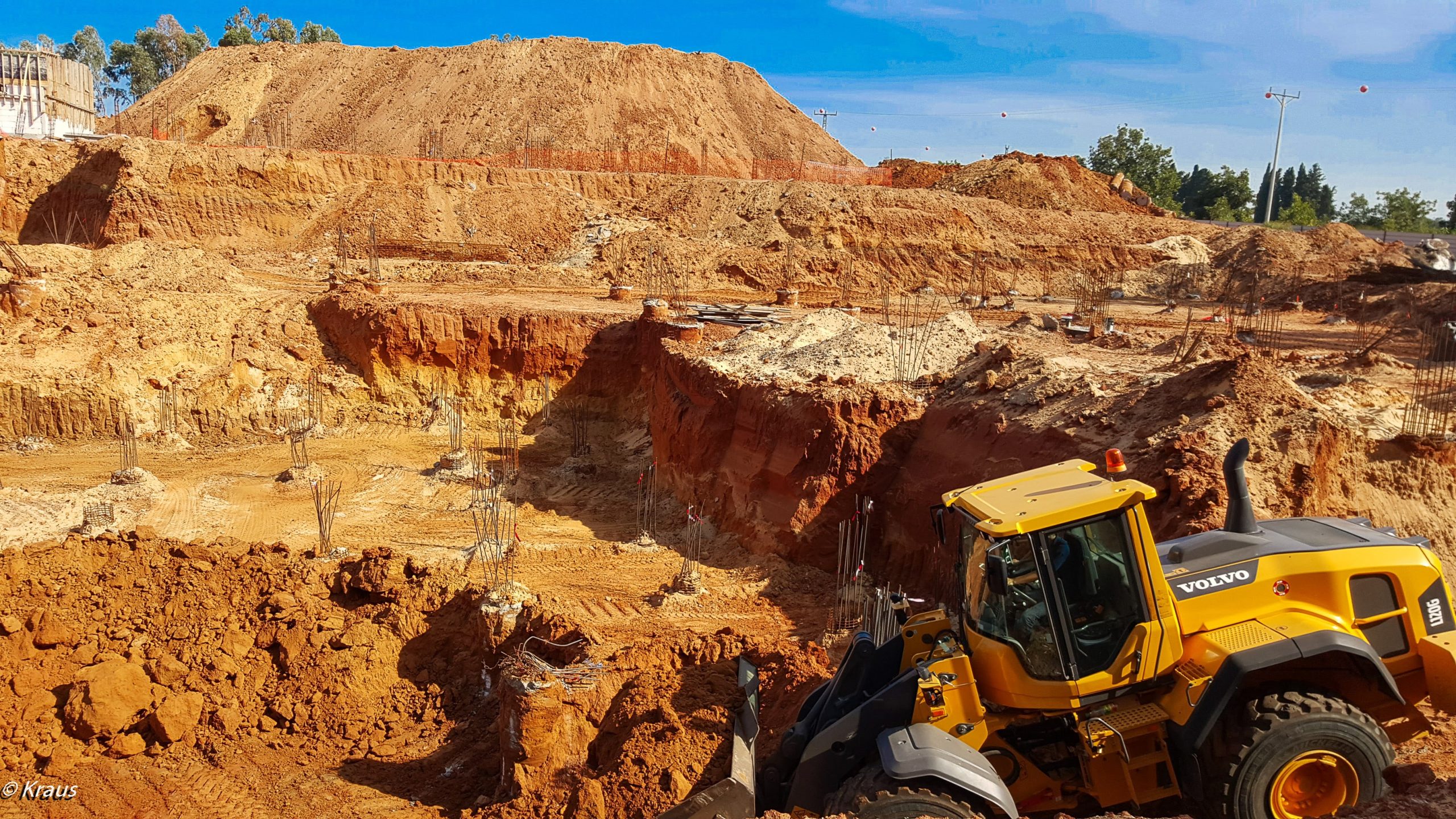
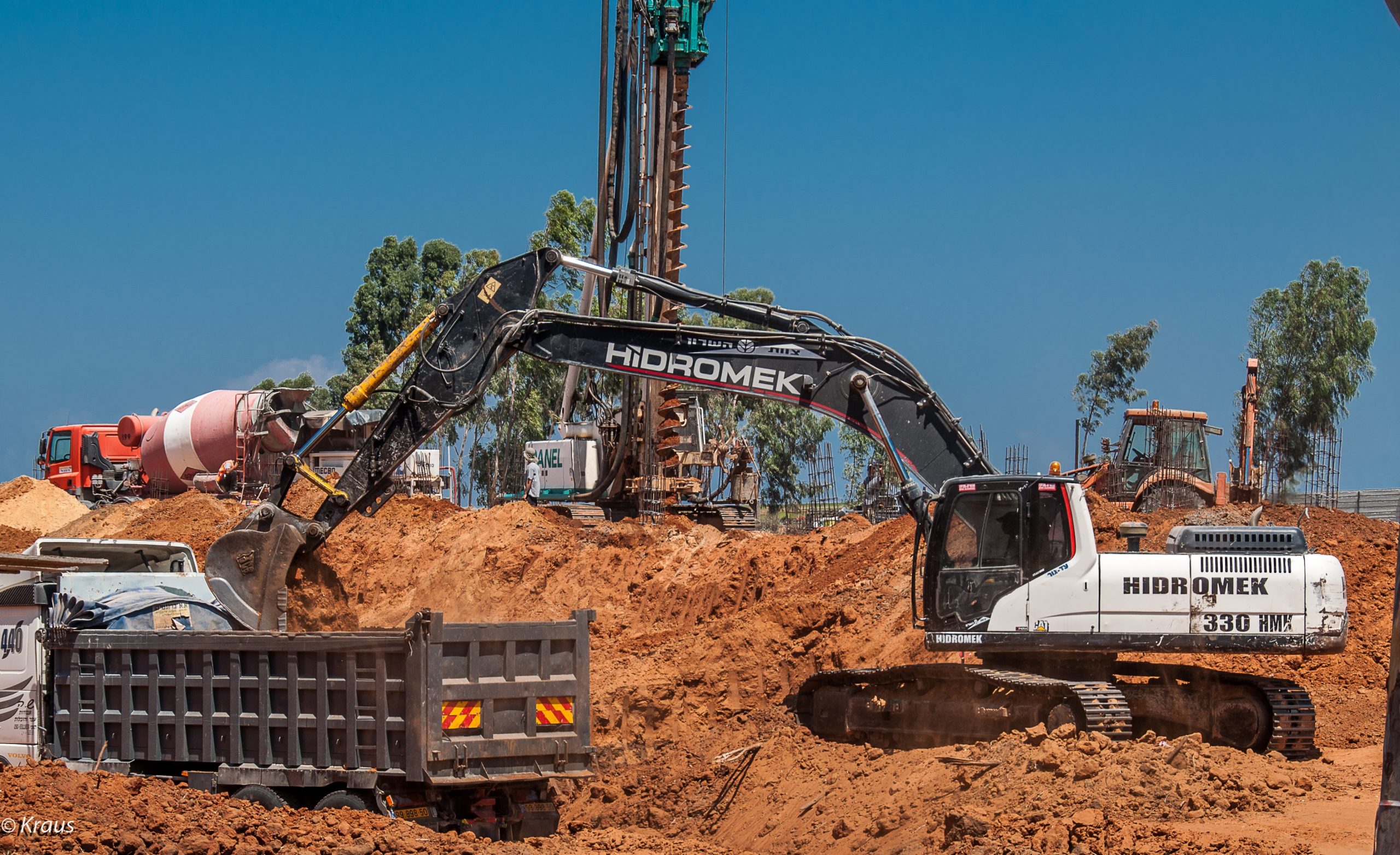
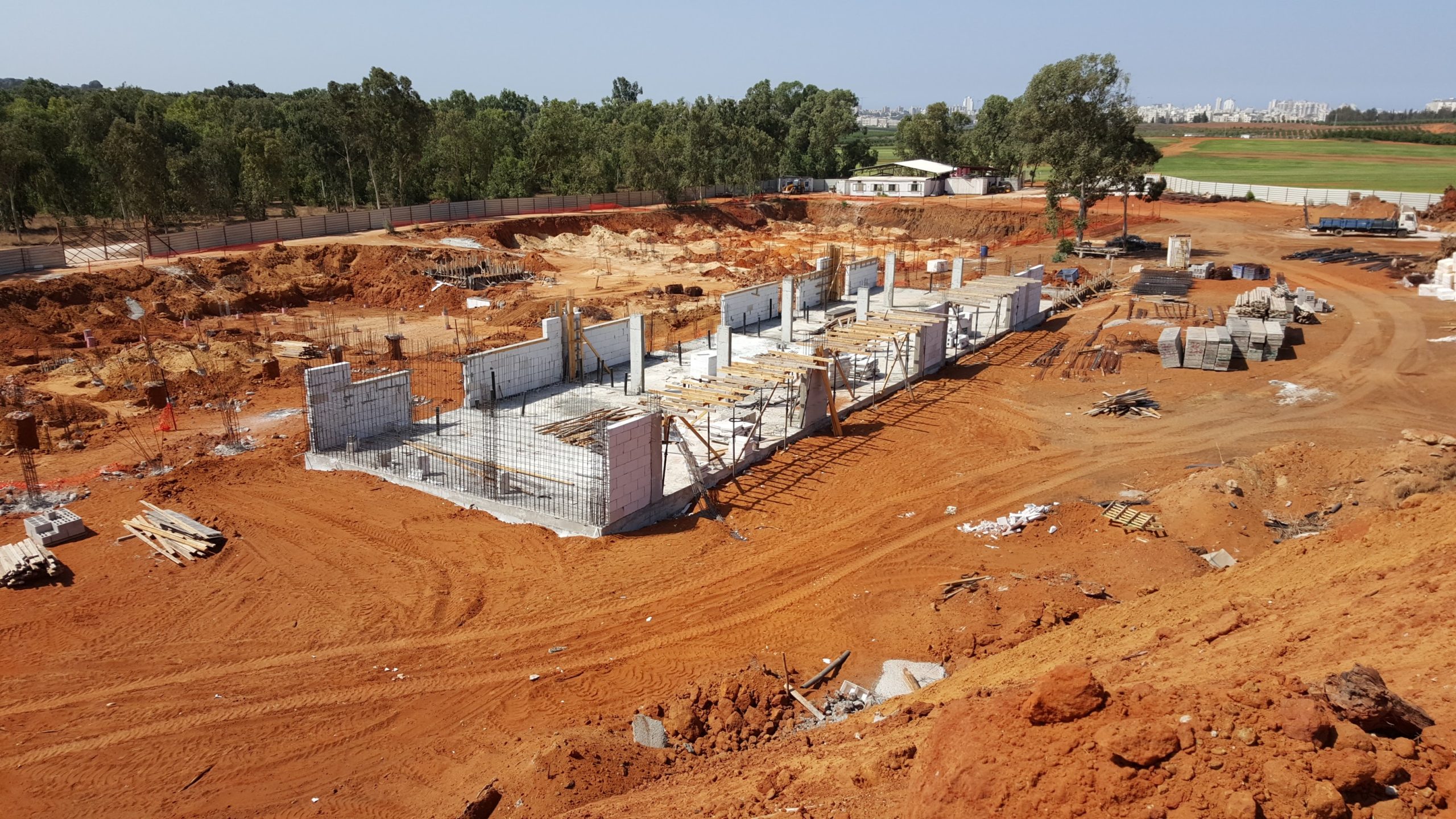
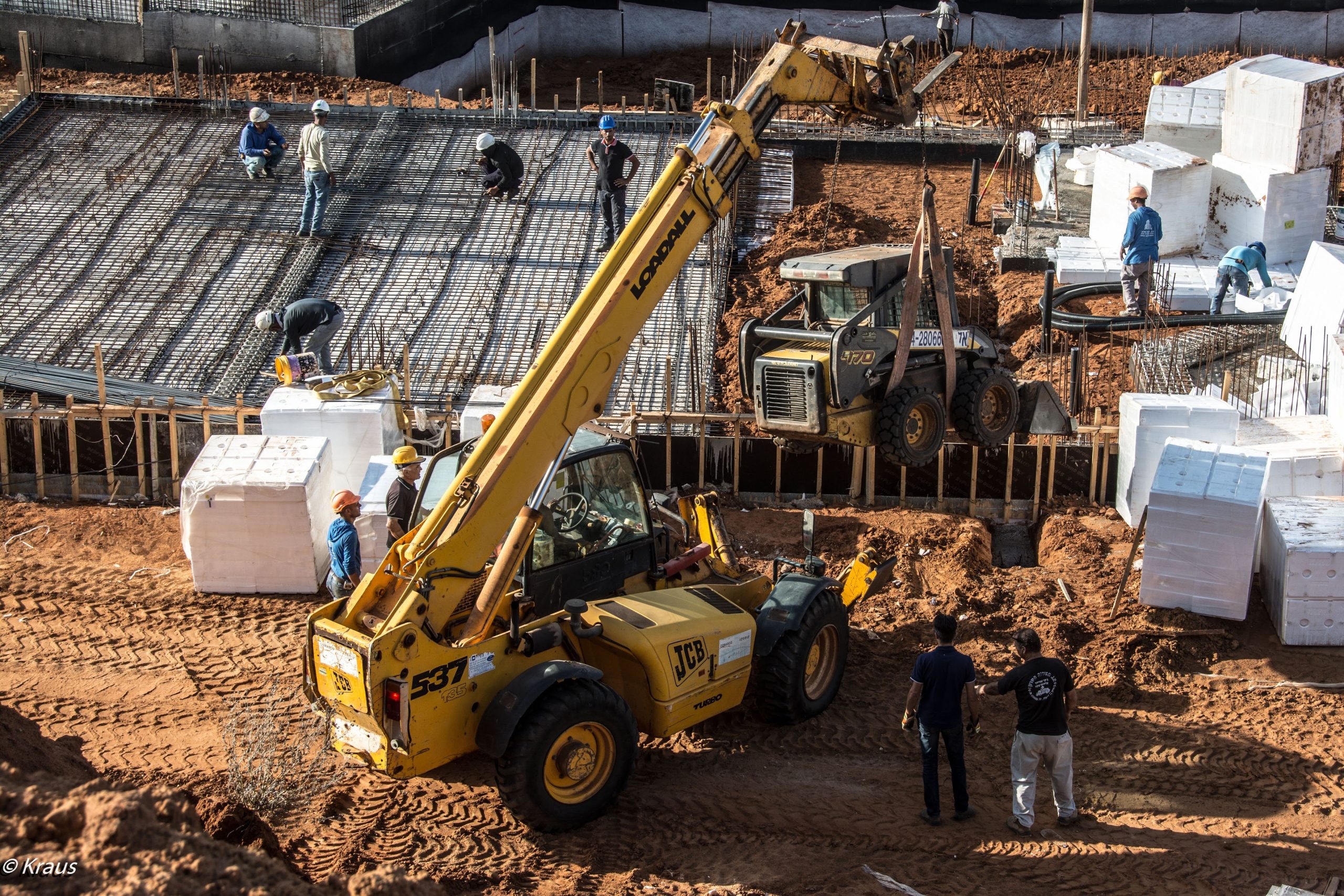
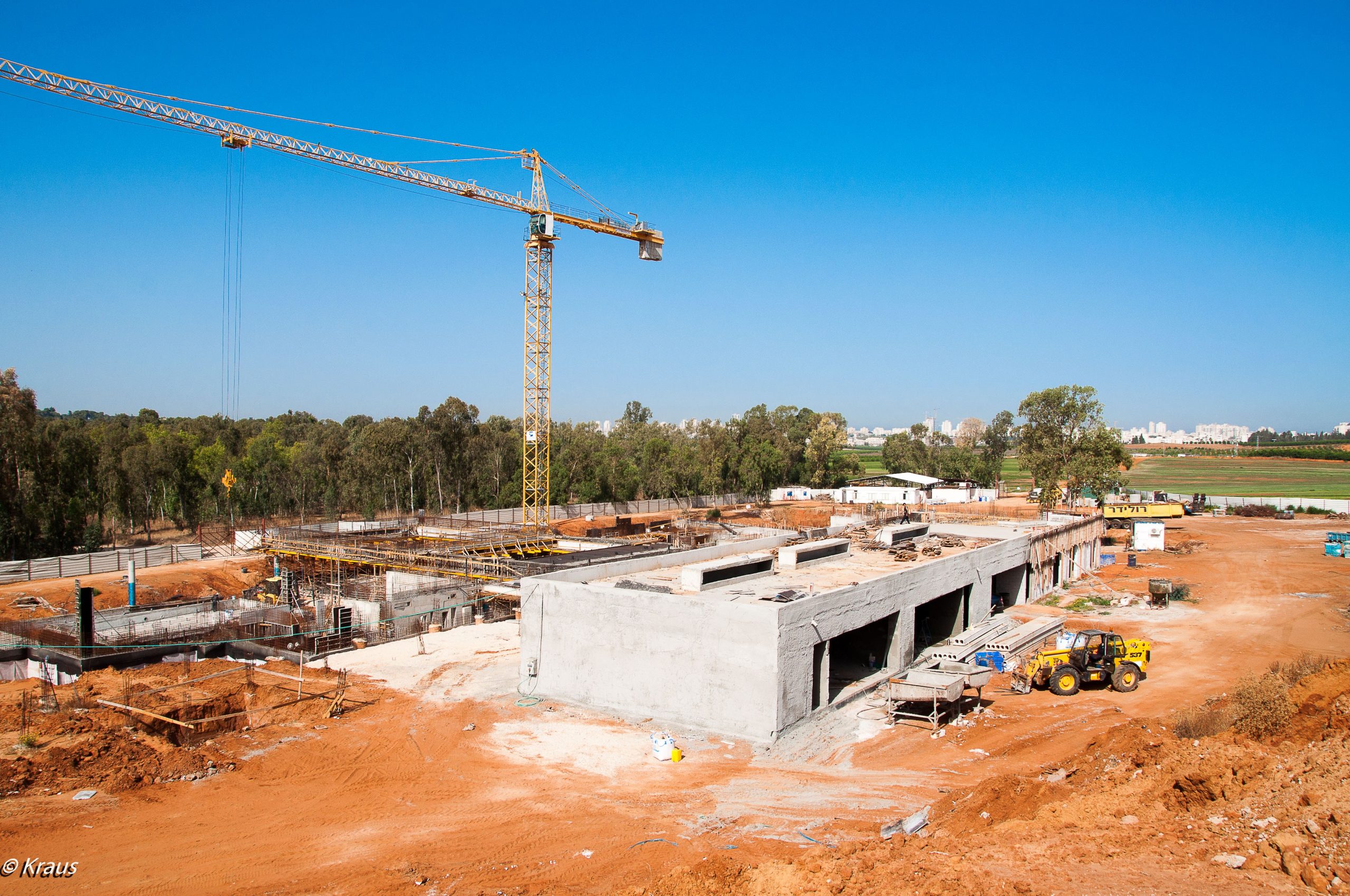
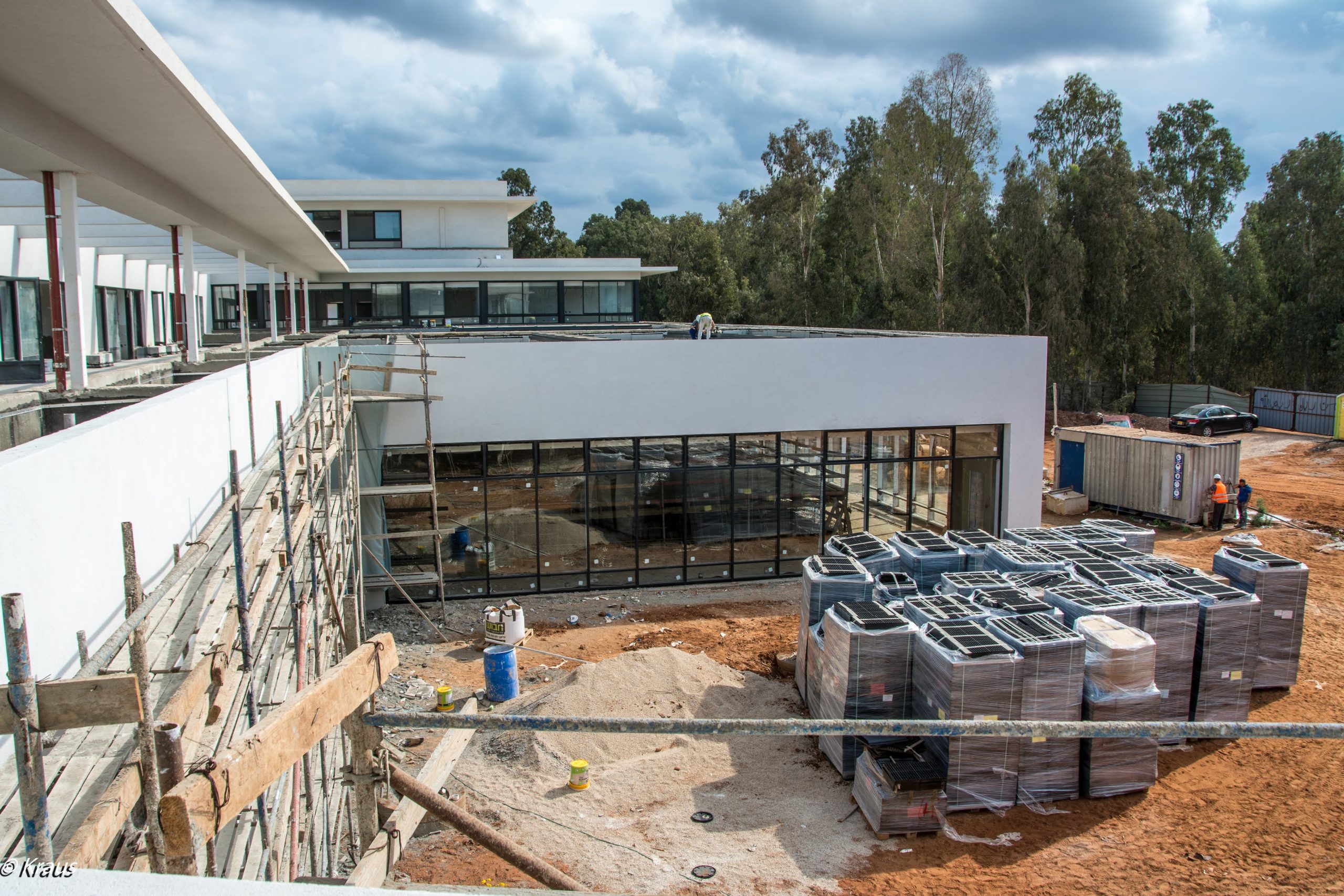
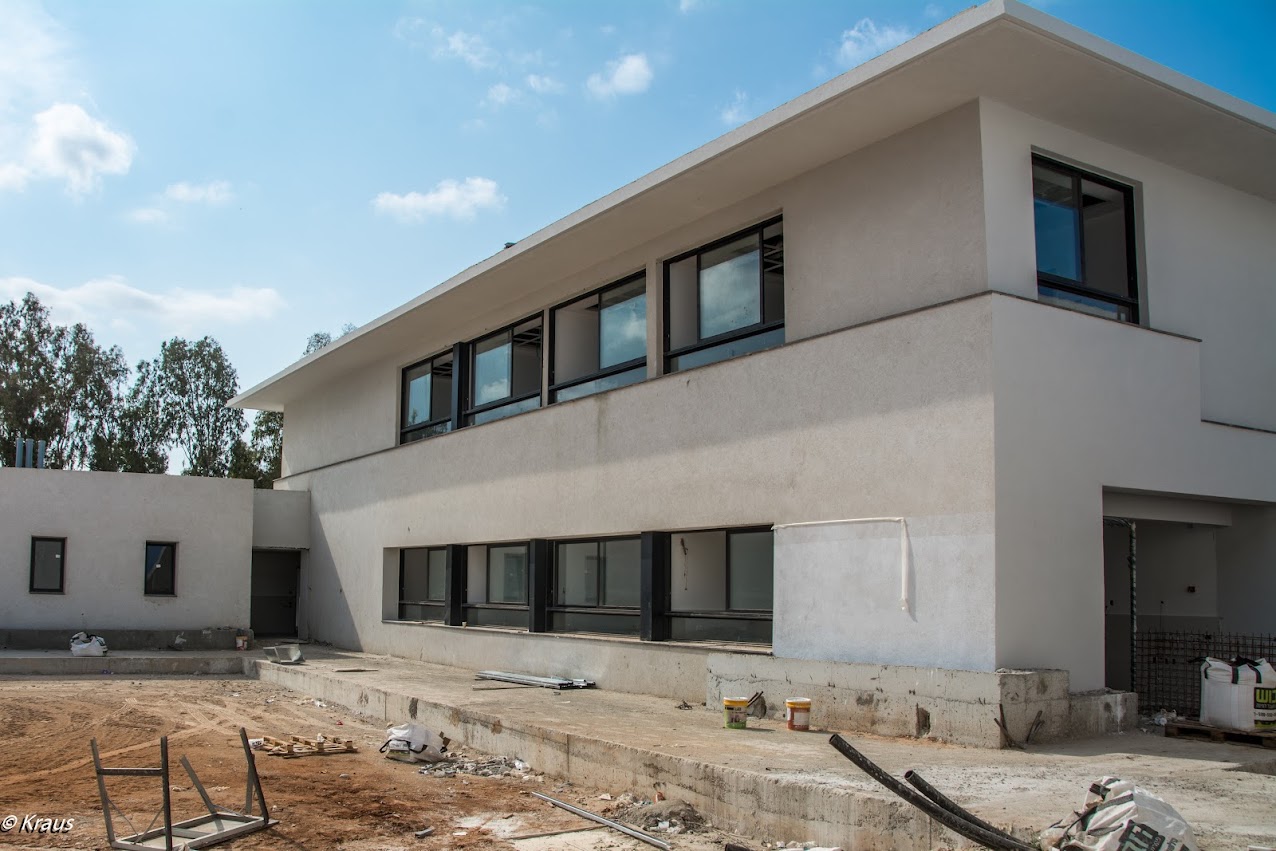
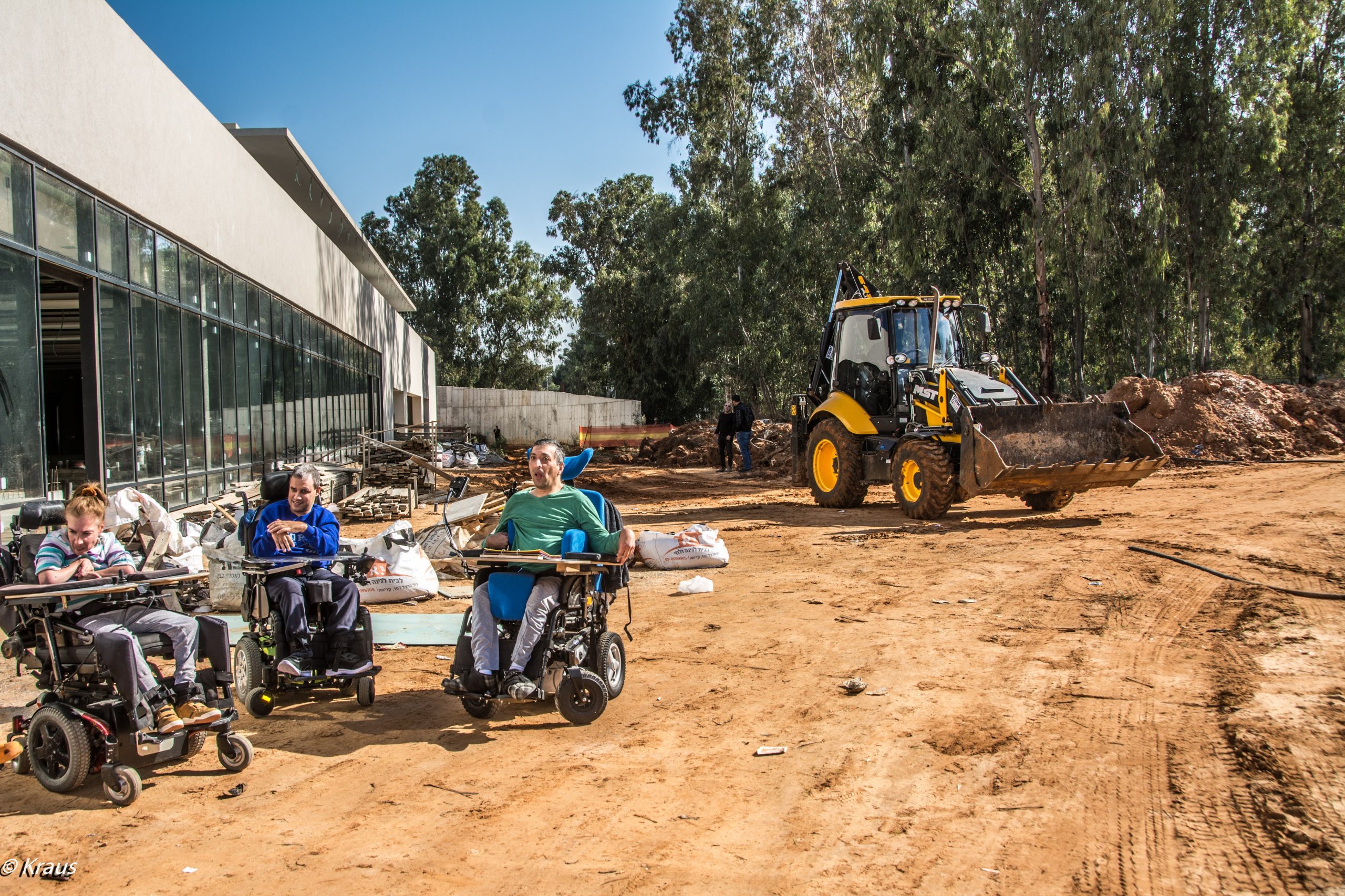
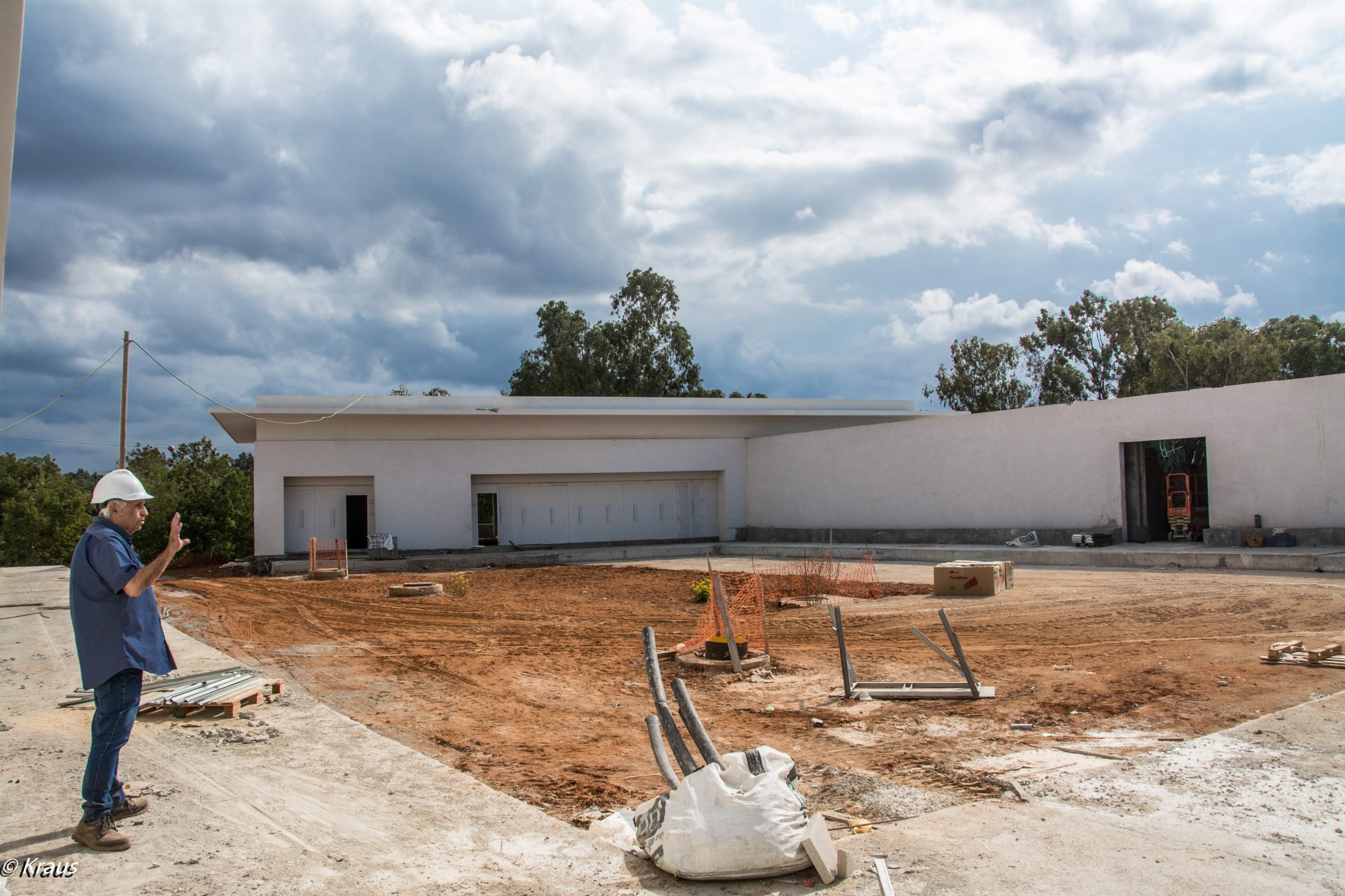
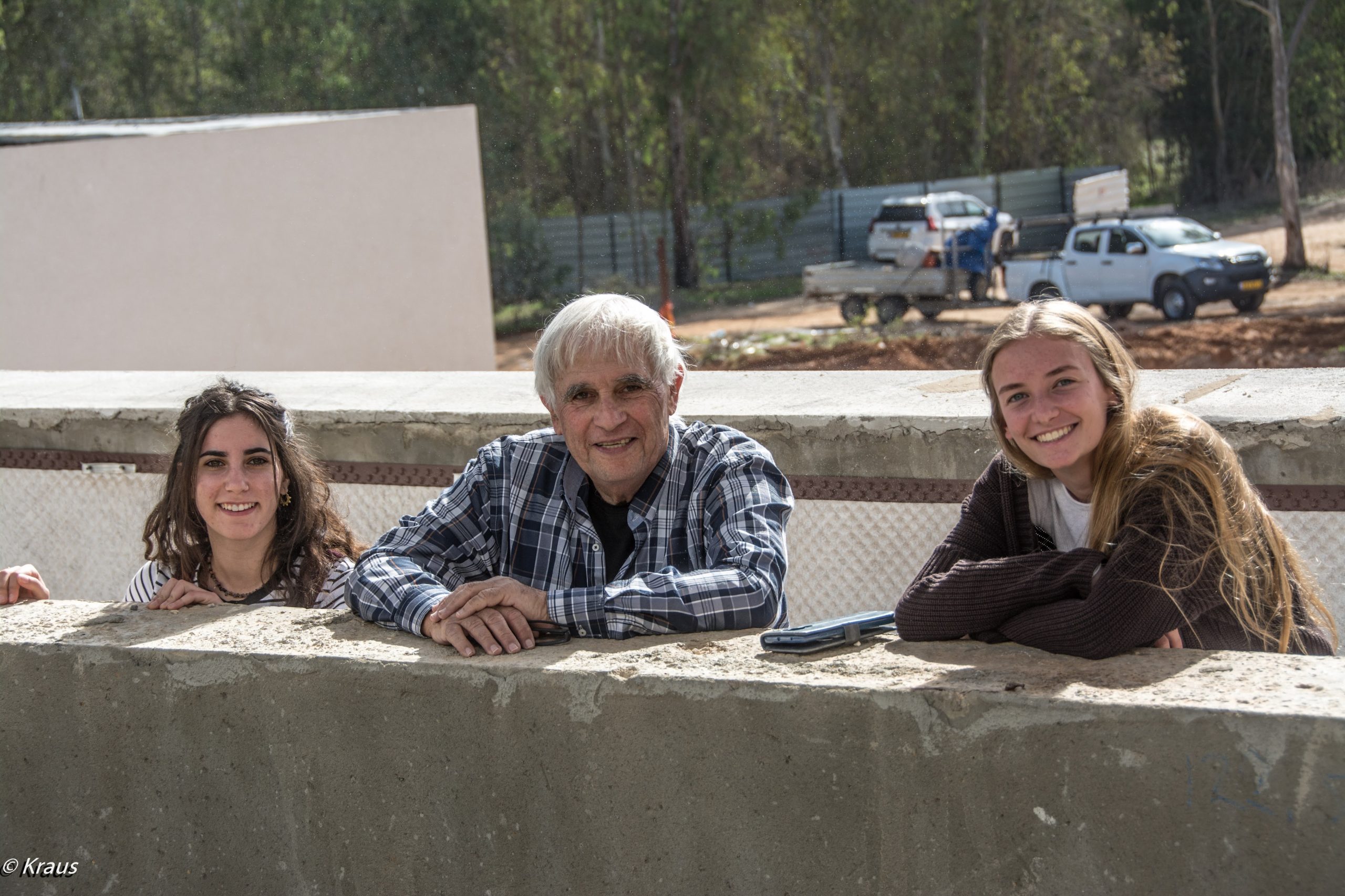
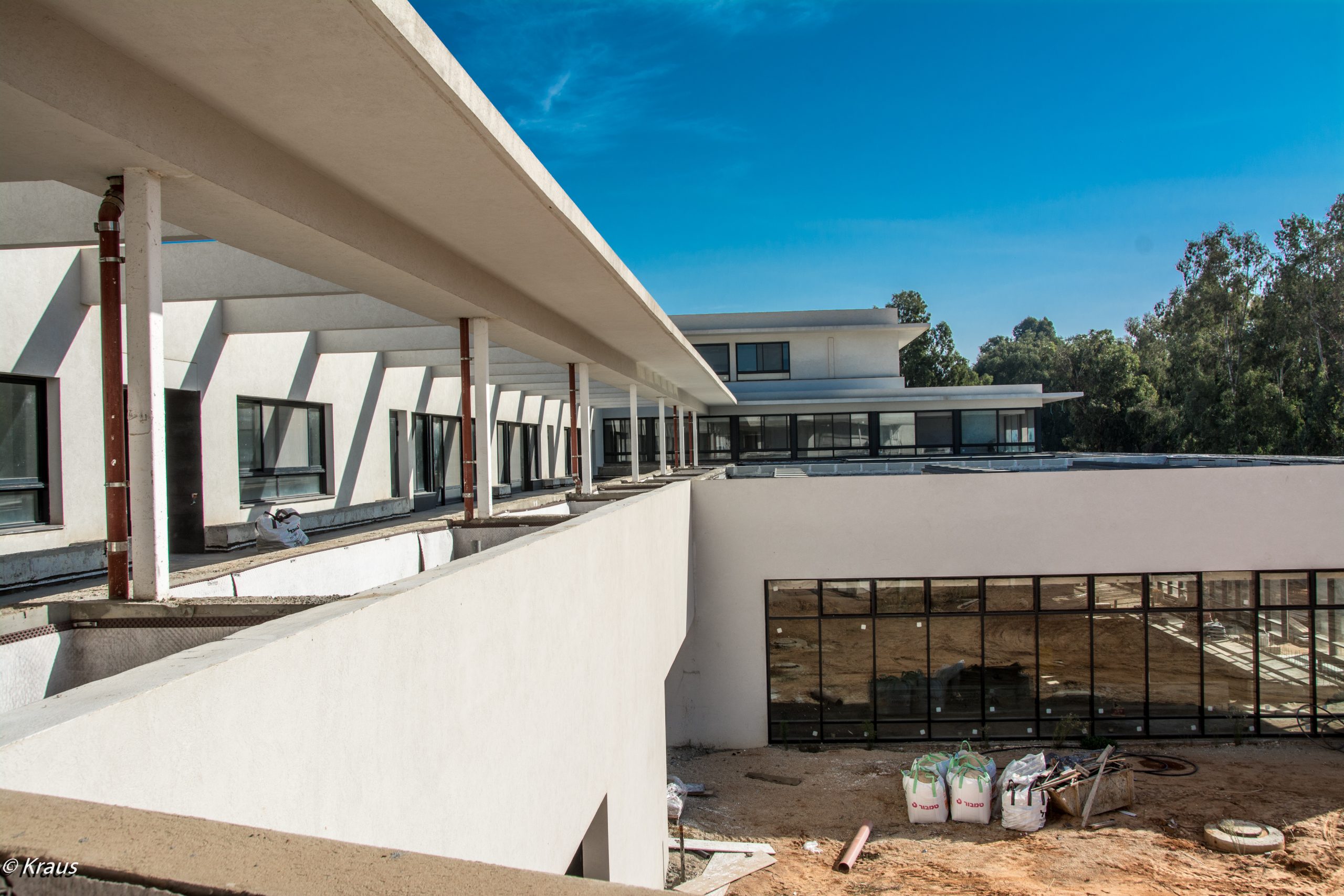
The Neighborhood of Unlimited Possibilities project is backed by foundations, private and public entities and individuals who support, help and act as partners on our journey – the Byron Family Foundation, Arison Foundation, Israel National Lottery, Bituach Leumi’s Fund for Development of Services for People with Disabilities, Keren Shalem Foundation, The Wohl Foundation, Israeli Sports Betting Council, KKL-JNF, Shasha Foundation, Silver Foundation, Faivish Foundation, Ruth Roif Foundation, Charitable Trust in Memory of Menachem “Max” Rozen Ben-Yehuda and others.
Elga is a “social start-up” that will prove that the social dynamic can be different. The neighborhood will serve as a model for similar projects elsewhere around the country, leading to social change on a national level.
Neighborhood Components
The Daycare Center will serve scores of adults with complex physical and/or intellectual disabilities, constructed and operated according to Alin Beit Noam’s guiding principles.
While the public health system operates clinics for rehabilitation and therapy for children with disabilities, the first such professional clinic for adults with severe disabilities will be opened in the neighborhood of unlimited possibilities.
The Institute will focus on research, training, and dissemination of knowledge in three areas: developmental delays, disability
studies and Universal Design
An accessible Guest House will be located on neighborhood grounds, providing individuals from Israel and around the world with the optimal conditions for short-term stays.
The Gallery will house exhibitions relating to disability as a social, cultural and political issue and to the acceptance of the “other.”
A unique center for assessment, monitoring, and training in augmentative and alternative communication (AAC) and assistive technology.
Housing facilities will include accessible and “smart” homes. Housing units will be populated both by students from neighboring academic institutions and by adults with physical and intellectual
disabilities.
The Sports Hall will enable integrated and joint sports activity for indoor activities of the Adventure Park and will also serve as a standard gym for games and training for competitions for the Para-Olympics and the Special Olympics.
Individual and group treatment rooms at the center will be designated for: physiotherapy, occupational therapy and speech therapy (particularly in augmentative and alternative
communication.
The accessible synagogue will be accessible to the greatest degree possible, facilitating coming up to the Torah for an aliya, regardless of age or severity of impairments.
The center will provide vocational training programs for vulnerable populations, targeting vulnerable groups in society.
This unique park will be constructed according to the universal design approach and will include a wide variety of facilities for
both challenging and other leisure activities for children and adults, with and without disabilities.
